The Ultimate Guide to Factors That Don’t Affect Search Rankings
I’m sure many readers are already familiar with the list of 200 Google ranking factors that Brian Dean created. That post went viral within a month of its publishing date.
Brian and lots of other bloggers and writers have done justice to that topic. But, as I was researching for an upcoming project, I discovered that no marketer has actually covered the factors that don’t improve organic rankings.
First off, however, let’s be clear on one thing: the single best thing that you can do to improve your rankings in search engines is to work on improving the quality of your content, and to get influencers to link to you naturally.
That happens when you publish truly helpful and data-driven content that can’t be ignored. This type of content is known as irresistible content.
According to SEO Blog Diary, Google’s primary ranking factors are born from the user’s intent. In fact, behavioral, mobile and on-page signals have become stronger factors than the total number of links pointing to your web page.
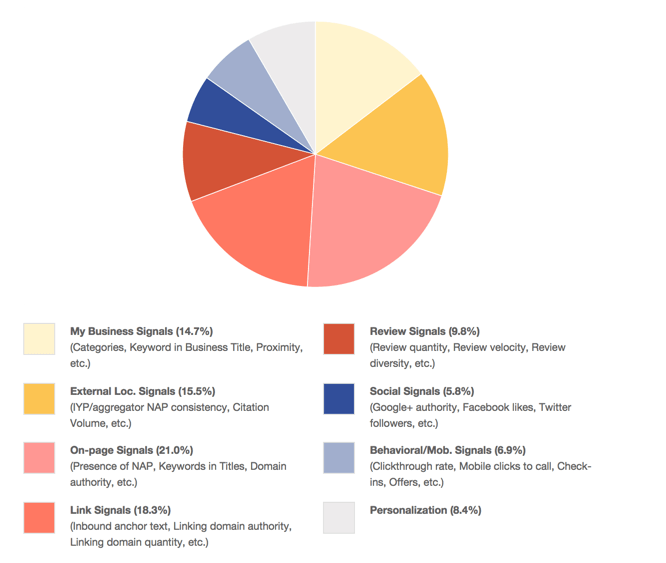
This article will not only show you which factors don’t actually affect search rankings, but will also demonstrate why you must focus more on your users, your content and your long-term objectives.
Wondering what factors don’t affect search ranking? Check out this handy little PDF that explains it all.
1. Author’s reputation
Without a doubt, thought leadership is a powerful marketing asset.
When you position yourself or your brand as a leader in its field through best-in-class content, you’re going to succeed. In fact, thought leadership drives the generation of market demand, which then leads to peak brand positioning.
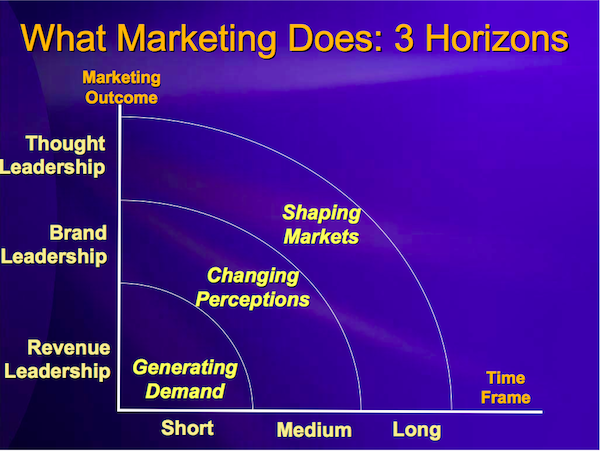
When it comes to content marketing and SEO, you’ve got to become a thought leader, not because you want to rank highly in Google, but because people will choose your page, even if you’re ranked at #5, when they trust you.
For example, online shoppers will click on an Amazon search listing at #7, instead of a quirky domain name that’s barely 6 months old, even though it sits in the #1 position.
Whether you’re a B2B or B2C company, enhancing your brand is the ultimate goal of everything that you’ll ever do online.
That’s because customers don’t like products – they like brands. They’re emotionally attached to brands that put them first and the brand’s own objectives second.
When it comes to SEO, the reputation of the author doesn’t affect search rankings. Google authorship and Author Rank are not the same thing. Google authorship used to appear like this years ago:

Above, you can see how the search result has the author image, name and Google+ byline.
In 2014, Google ended Authorship. The author image was dropped in June, and then Google did away with the concept entirely in August logos kostenlos erstellen unden. Now, Google authorship is dead. It’s gone.
But, Author Rank is a bit different. Here’s how Search Engine Land explains it:
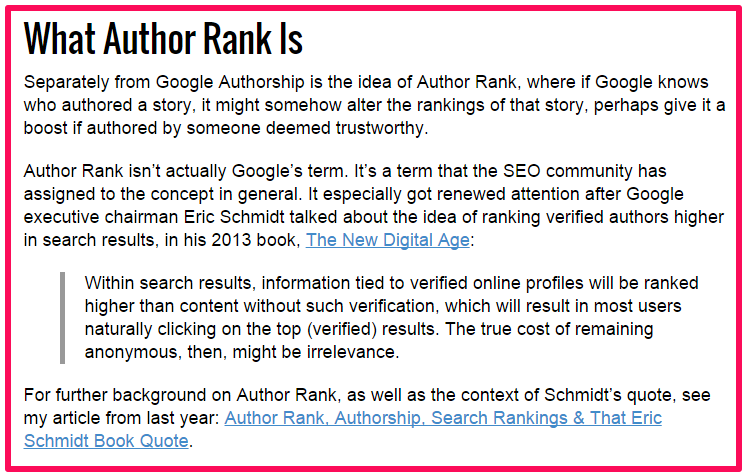
When you consider Author Rank, you may begin to wonder if you even have a chance to rank in Google, especially when no one knows who you are. Thankfully, it doesn’t work that way.
No matter how much experience or exposure you have, you can still rank in Google if you focus on creating the right content, building up a social following and earning inbound links from industry blogs. You just have to be consistent.
You’re not Seth Godin, Rand Fishkin, or Guy Kawasaki, but the simple truth is that you don’t have to be! You’re unique and the world needs your perspective.
In fact, the world is waiting to read your next piece of content. Just put everything you’ve got into it, and write to show your target audience how much that you want to help them succeed, achieve more and live a more fulfilled life.

So, yes, the reputation of the author isn’t a Google ranking factor – but it does affect your success.
2. Adding keywords to meta tags
There is a list of things that you can do to improve your rankings. That result may not happen overnight. But, when you’re persistent, you’ll see a significant boost in organic traffic over time.
If I have to choose between targeting keywords in my title tags, writing a meta description, or increasing my site speed, I’ll opt for the latter. The speed of search results can dramatically impact how your visitors will feel about you and your site
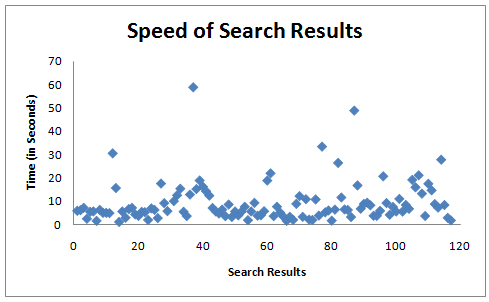
Yet, I still see a lot of webmasters and B2B marketers obsessed over meta keywords.
Imagine this hypothetical situation: You get an opportunity to speak at an upcoming event attended by 1,000+ business owners.
The moment you get on stage, you mention your name. OK, that’s a nice thing to do.
But then, as you continue your presentation, you keep mentioning your name. You’re so passionate about reminding them who you are that your audience forgets what topic you’re (supposed to be) addressing.
Tell me, do you have any chance of getting new leads and customers? In all likelihood, you’ve failed in your presentation.
It’s the same online. No matter what industry you’re in, you’ll succeed by spending more time understanding your audience, and less time stuffing keywords into your content.
That’s also what happens when you stuff keywords into your meta tags. Meta keywords are a specific type of meta tag that appears in the HTML code of a web page. Just like the meta description, it’s another way to tell the search engines what the topic of the web page is.
Meta keywords aren’t visibly displayed on the page, unlike the kind of keywords you put in your content itself. Meta keywords can only be found in the source code of your page, not on the page itself.
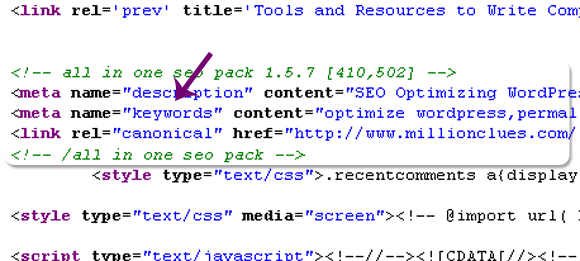
Years ago, when I began working on SEO, I was advised to add between 50 – 100 keywords in a meta tag herunterladen. The question is: what’s the relationship between those keywords and rankings?
The answer: Zero!
There is no correlation between the keywords you stuff into a meta tag and your rankings.
Unfortunately, however, many people still follow the old, dumb advice. When they write blog posts, they include tons of meta tag keywords, hoping that this will improve their web page rankings for those specific search terms.
But, it doesn’t work that way.
SIM Partners conducted an experiment to learn whether or not adding keywords to meta tags affects search rankings.
They uploaded non-branded, geo-specific keywords to meta tags on Whitespark.ca and began monitoring daily for change. They ran this experiment over a 30-day period, in order to collect a sufficient amount of data.
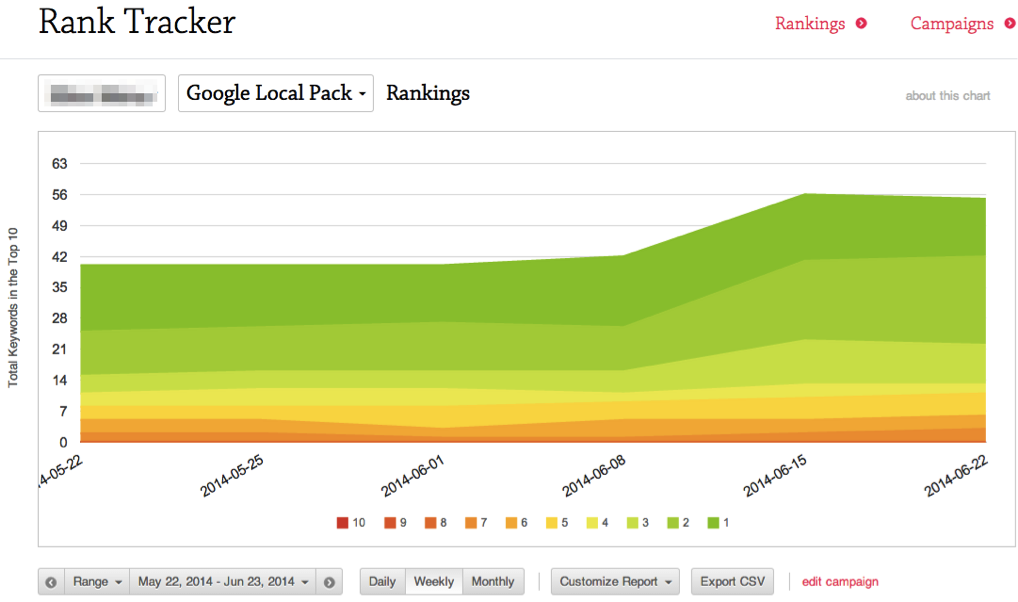
The screenshot above shows what the team found: not even a slight change in rankings. As expected, this is more proof that meta tags don’t affect rankings.
In SEO 2015 & Beyond: Search Engine Optimization Will Never Be The Same Again, author Dr. Andy Williams said that if the SEO advice you’re following was written before September 2012, then you should prepare yourself for a penalty.
I have to agree wholeheartedly with Dr. Williams. Before the first Google Panda update in February 2011, putting a lot of related keywords tags in the HTML head section worked.
What’s the status these days? According to WordStream, “The most important thing to keep in mind when selecting or optimizing your meta keywords is to be sure that each keyword accurately reflects the content of your pages.”
On-page optimization isn’t just about targeting keywords. It also means paying attention to the user experience. In other words, you’ve got to give users what they want. Do your users want to see a bunch of keywords highlighted in the content? Of course not. Nobody wants to read a page like this:
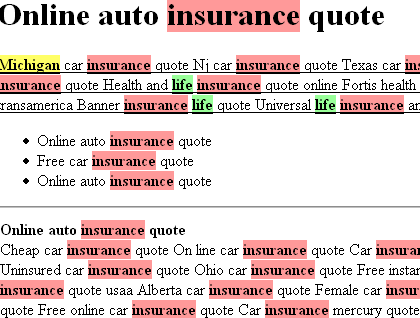
It’s difficult to optimize your meta keywords with keywords that reflect the content of your pages. The purpose of meta keywords is to make sure that every piece of content that you’ll ever write reflects the keywords in that area, and vice versa.
But, in this post-Hummingbird age, the user intent is more important than the keyword itself.
The objective of long-term SEO is to discover and answer users’ questions in a simple and practicable way. If you fail to do that, the Hummingbird algorithm will likely catch up with you and you know what that means.
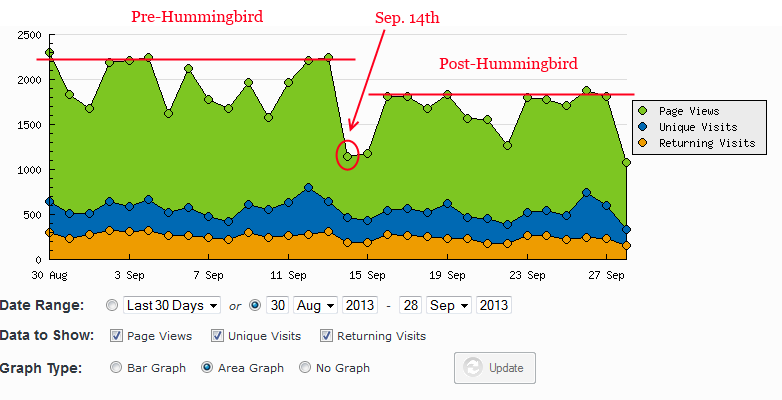
So, let’s assume that your site sells electric blankets. If you added keywords that are related to ordinary blankets, bed sheets or home decor, are you fulfilling your page’s goals and meeting your users’ needs herunterladen?
The sooner you understand that SEO is more about the user and less about the search engine spider, the higher your rankings will climb.
Meta keywords are no longer relevant in today’s SEO. Google may decide to change the rules in the future, but for now, you don’t have to waste your time on it.
If you’re a WordPress user, there’s no need to add more tags that you think are relevant to your content.

The most important sections of your HTML source code are the title tags and meta description.
The description meta tag is the text for the search result snippet that you usually see in Google. If you optimize its copy, you’ll boost your page’s click-through rate.
Bear in mind, though, that meta descriptions don’t improve search rankings. They can, however, make your web page snippet more compelling. Because of this, more people will click to visit your site.
Roundpeg says that you should stop using meta keywords. Interestingly, without placing much emphasis on meta keywords and tags, Surefire Media helped an IT company to improve its search performance. The company saw an 88% increase in the keywords that were in the top 5 organic results and grew its unique visitors by 20%.
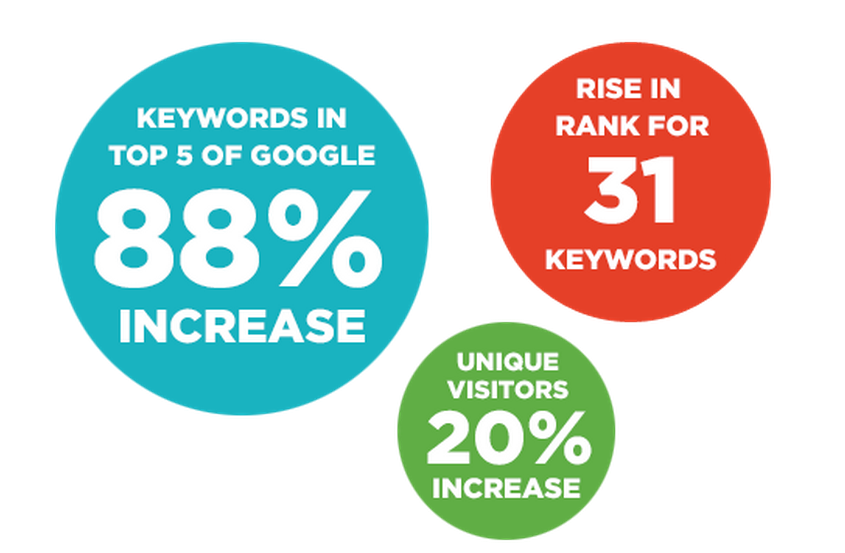
Google isn’t only the search engine that doesn’t use meta keywords. Bing said, at one point, that meta keywords have been abused and thus lost their meaning.
And, in 2009, at SMX East, Yahoo! also announced that it no longer uses this type of keyword to gauge the theme of a web page. Yes, it’s still indexed, but it won’t affect rankings.
Joost de Valk, creator of Yoast’s highly popular WordPress SEO plugin, doesn’t use them and even advised his customers not to.
It’s easy to turn off the meta keywords, if you’re a WordPress user with Yoast’s plugin installed. In General settings, uncheck the “meta keywords tag” – that’s it.
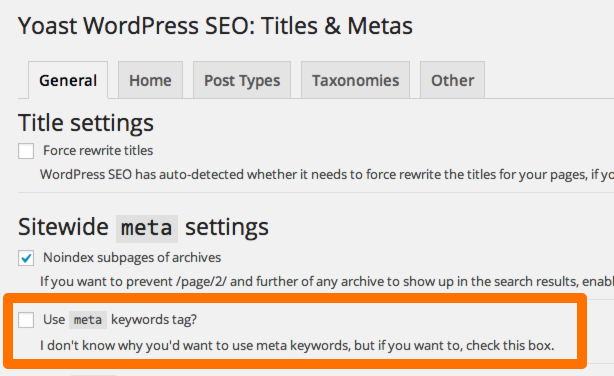
3. Stuffing keywords in your image alt text
Contrary to popular belief, keywords in your image alt text won’t directly affect rankings. Yes, image alt text is important, but it matters because of the impact it has on your user’s experience – not because it’ll improve your search rankings herunterladen.
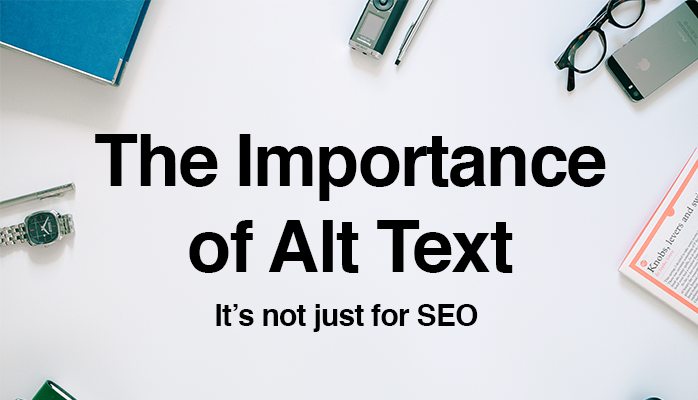
Image alt text is more or less a redundancy that helps resolve image display issues. If the image doesn’t load properly, due to slow internet connection or browser issues, the alt text will display to show the user what’s supposed to be there.
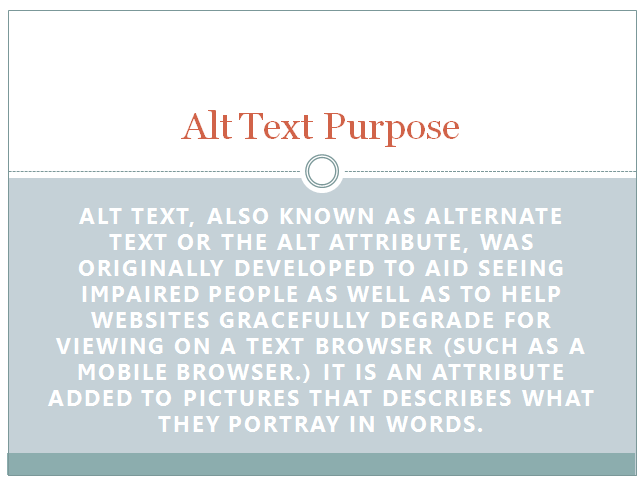
Many people still treat the alt text as though it’s the same thing as the image title. They use the same keywords or phrases with the hope of improving search performance. But, there’s a difference.

Though the alt text helps search spiders find their way in and around your web pages, you shouldn’t use the same description on both the alt text and the image title.
Yes, you can have keywords in both, but you’ve got to be natural. For example, if you sell Nike running shoes, then your alt text shouldn’t be “Nike running Shoes” when you meant a particular model of Nike running shoes.
Instead, be explicit in your alt description – e.g., “Nike Men’s Flex 2015 running shoe.”
Then, treat your image title similarly to your title tag. You want to make sure the search engines understand what the content of the page is about, not necessarily the specific image.
If your post is about “Facebook business pages,” then your alt and image title should read naturally:
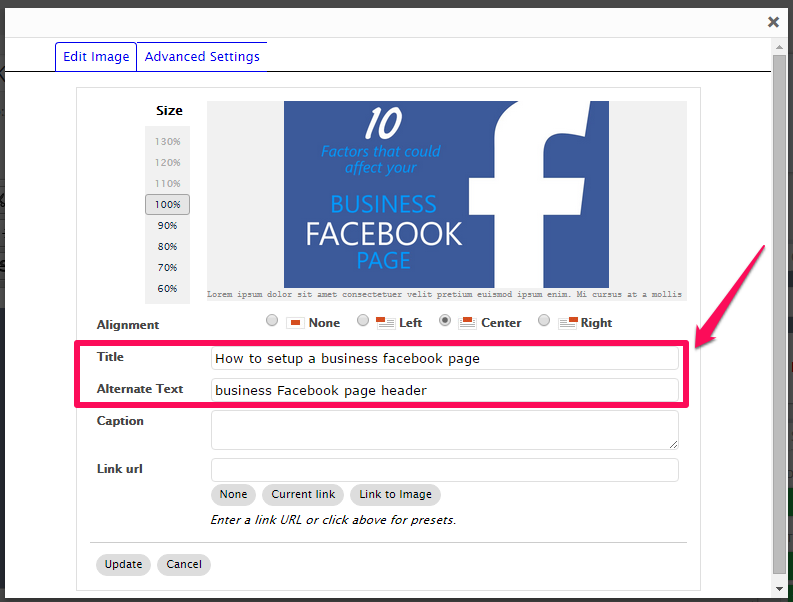
Instead of using the same description in your alt text, you could use a similar title for your product review such as “Top rated nike running shoes for men.”
Notice how I changed the keywords. In Google’s eyes, the keywords are entirely different, so I haven’t stuffed or manipulated the search engines.
If the image isn’t displaying well, your user should know, at first glance, what to expect, just by the alt text in the image. That’s not for boosting organic rankings in any way, but for providing a better experience for the user.
The title text will definitely help you rank in image searches, if you optimize your image correctly. As an image title, “top-rated-nike-running-shoes.jpg” is much more relevant and useful for both users and search engines than “top-7r7-running-873nike-shoh7.jpg.” Use title text that’s both relevant and simple.
Also, understand that the inbound links pointing to your specific images and the page where the image is published matter as well.
For example, when you search for “labrador retriever” in Google images, the 2nd image is from Wikipedia and has thousands of links pointing to the web page where the image lives. Some inbound links also go to the image URL as well. That’s part of why the page and the image enjoy decent rankings.
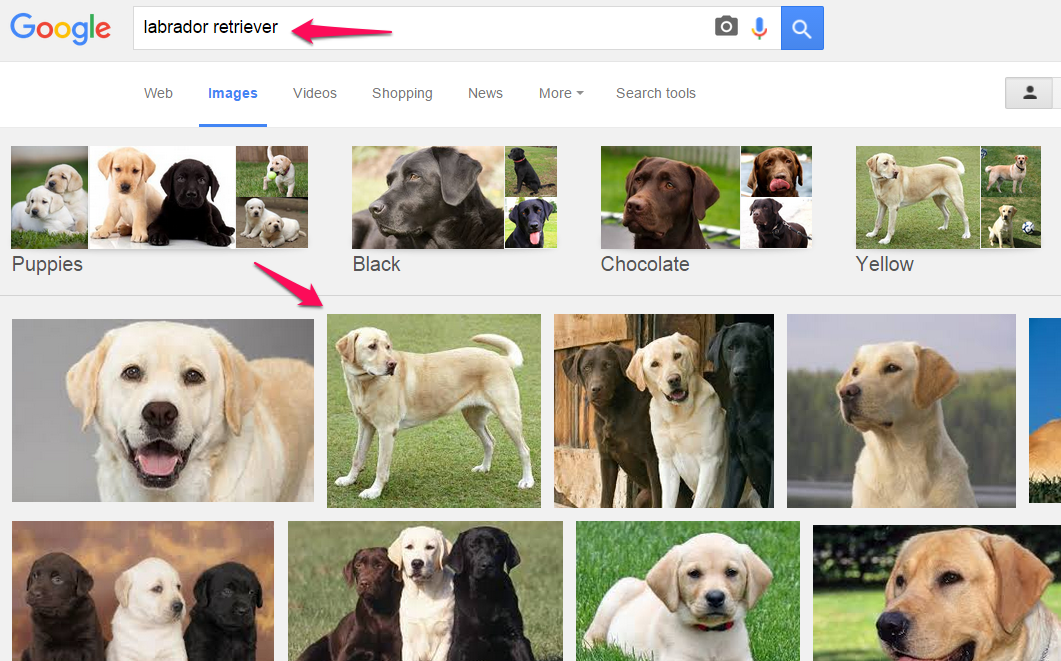
When you create alt text, don’t do it because you want to rank highly in Google – that may never happen. Instead, focus on helping the user understand your message. When you do that, you’ll get traffic, brand recognition and inbound links.
Here’s proof that using alt text in images drives traffic. A consultant at Murvine Marketing wrote a niche case study on how to use Quora to generate inbound leads and enhance your brand. In that post, he included an image of a person-like figure next to a question mark.
When he added the picture, he used “man with blue question mark” as the alt text harry potter games free pc. The page began getting traffic from several sources and the company later discovered that the alt text was what drove 5,500 views in 10 days.
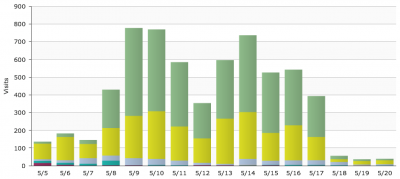
However, 85% of these visitors weren’t targeted and, consequently, the bounce rate was high. People may have searched for “big question mark” and landed on that website, but did they really want to read about Quora and lead generation?
So, you see why you should use alt text to tell the user what your image is about, not to manipulate or get rankings. Of course, as much as possible, optimize your alt text, but don’t overdo it.
The right image can boost trust. Images have inherent potential to communicate your message better.
That said, since there is no rule for gauging over-optimization on alt text, I’d rather ignore it and spend that time paying more attention to the content of the page where the image is published.
4. Using Schema markup
SEOs and webmasters have been using Schema markup over the last four years or so, for the purpose of improving their listings in search results.
But, does Schema markup really affect search rankings?
Before I answer that question, let me first introduce you to the concept. Schema markup is code that helps search engines return useful and informative results to search users.
The same concept is applied to rich snippets, which also appear in the meta description and help convey your message better, thus boosting your click-through-rate.
Here’s an example of markup in a local search result, showing event schedules on the page.

Since the markup is HTML code, you can use them to markup your pages so that search engine spiders can understand your page better.
Schema.org is the site in charge of providing markup. The site came about when Google, Yahoo!, Yandex, and Bing agreed that search results should be somewhat consistent across the search engines.
If you really want search engines to understand your content and to provide the best search results possible, you should seriously consider using markup in your pages.
Once you add the Schema markup to your HTML, it can improve the way your page displays in the search engine results pages (SERPs), by making the rich snippets more compelling.
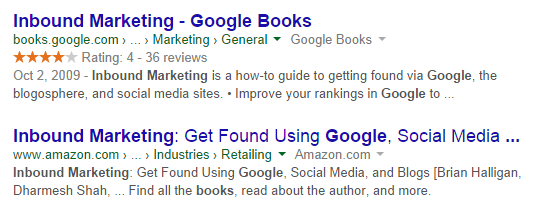
Did you notice that the first result in the screenshot above has 4-star ratings, 36 reviews and a publication date? With a tiny bit of code, you can add all of these features and more to your search result.
That all sounds great – but does adding a Schema markup improve search rankings? Absolutely not.
Matt Cutts, Google’s head of Webspam, in his popular video Q&A segment, said that the simple inclusion of Schema markup on a website won’t necessarily provide any ranking benefit.

As Cutts explained,
Just because a particular web page is marked up with HTML codes that will help search engines understand the content of the page better doesn’t mean that the page is more useful or relevant than other pages herunterladen.
So, what’s the benefit of using Schema markup? Well, if you want long-term search engine results – i.e., a higher click-through rate and better branding – then you’ve got to spending time optimizing your rich snippets.
According to data published on Search Engine Land, rich snippets like the one below can increase organic CTR by up to 30%. This also means that you’ll likely double or even triple your organic traffic.
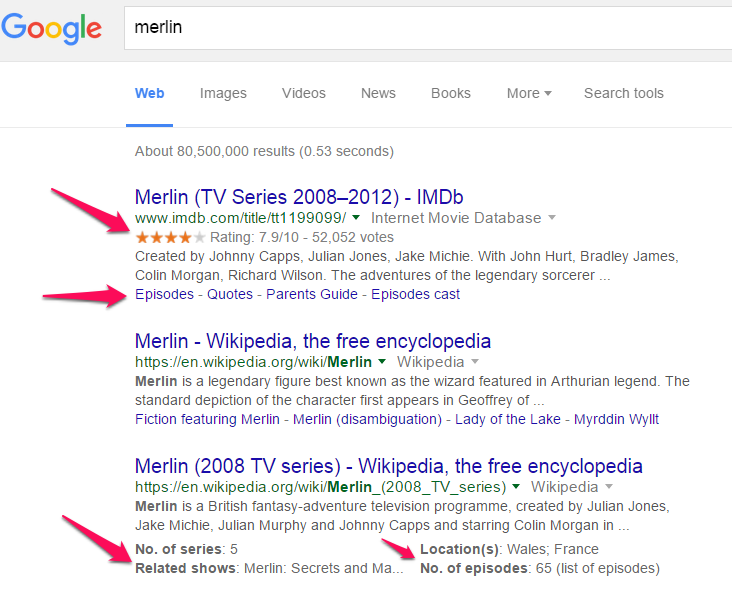
Schema markup was created for users. Every improvement is based on user behavior and how the user interacts with search engines. Schema.org provides data markup for:
- Local businesses
- Articles
- Book reviews
- Movies
- Events
- Software applications
- Restaurants
- Products
When you use this specialized markup on your web pages, you’ll be ahead of the competition. Just be clear that you’re using it for the enhanced user experience, not to manipulate search rankings.
If you’re ready to improve your click-through-rate and search engine performance, here’s how to set it up:
Go to Google Structured Data Markup Helper. Select your data type, then paste your site URL into the box below:
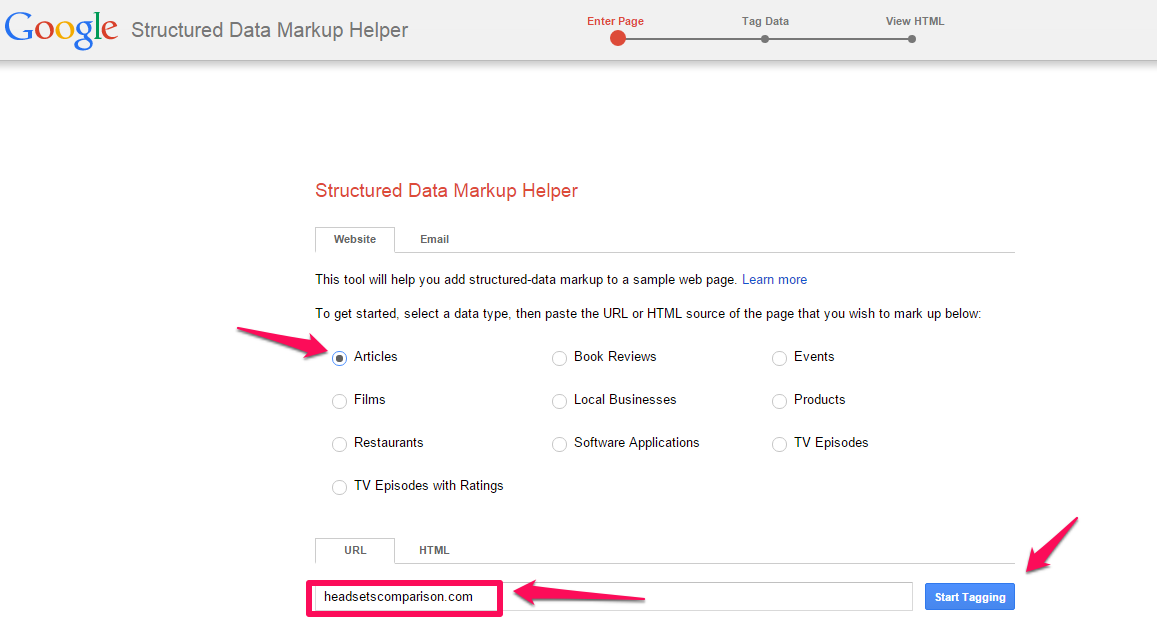
ii). Tag data: The second step is where you tag the data onto your web page elements. Since the piece of content that I want to tag is an article, I’ll highlight the title, then select the name. The article title will be saved to the data items in the right pane.
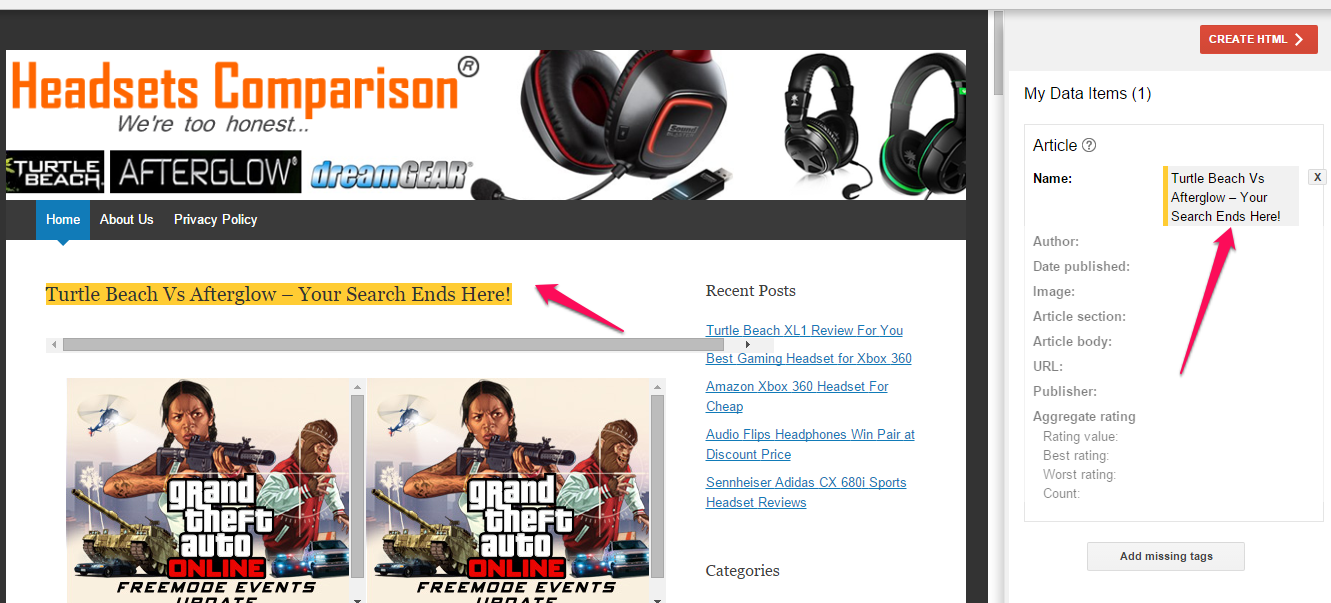
Continue adding markup by highlighting an element (e.g., bullet points, paragraph) and selecting the appropriate tag for it. It’s possible that you may not be able to tag all of the elements in the list, but tag as many as possible.
When you’re done, click “Create the HTML” at the top right:
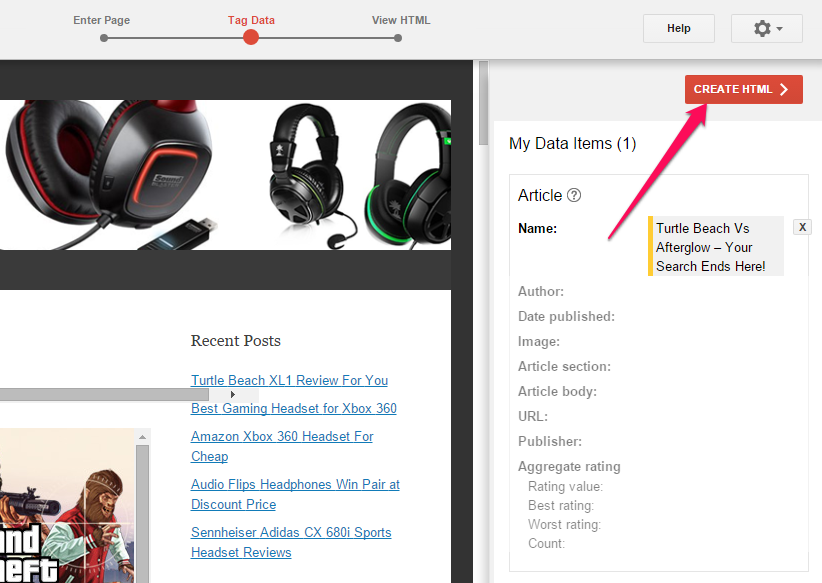
Next, you’ll see the HTML code of your web page with the microdata inserted in the spots you selected.
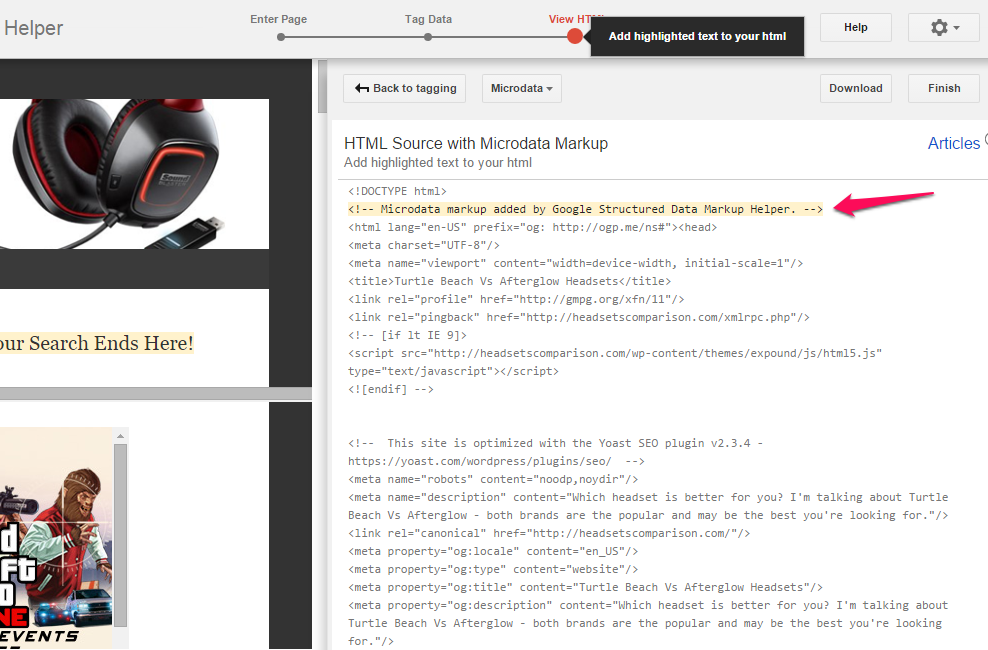
Next, copy the generated HTML and paste it into your source code.
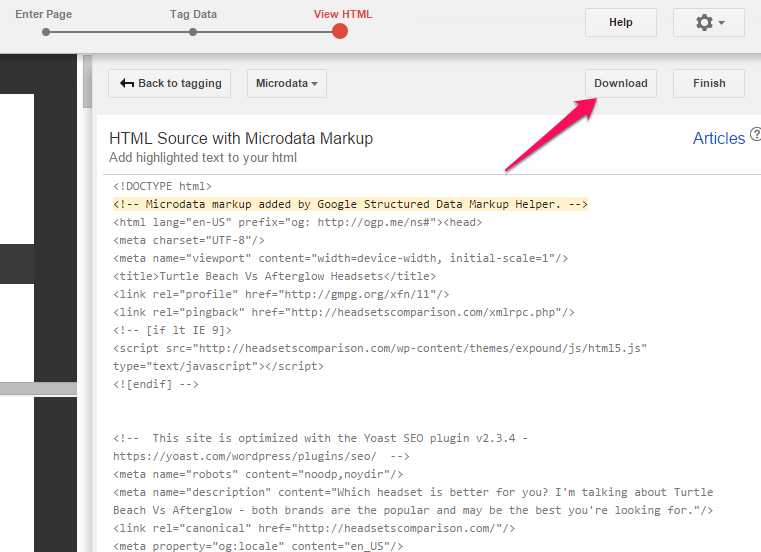
You’ll be presented with a series of “Next Steps” in case you want to add other features:
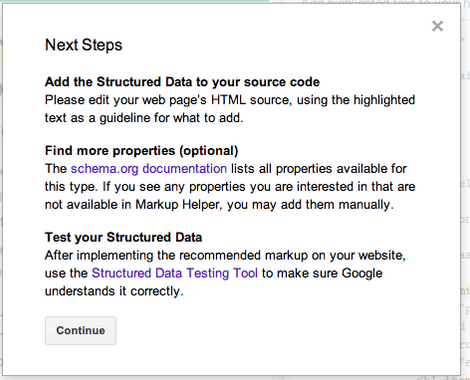
Finally, you can use the Structured Data Testing Tool to check your page and find out what it will look like with the added markup. Either paste your web page URL or the code that you just generated into the HTML section.
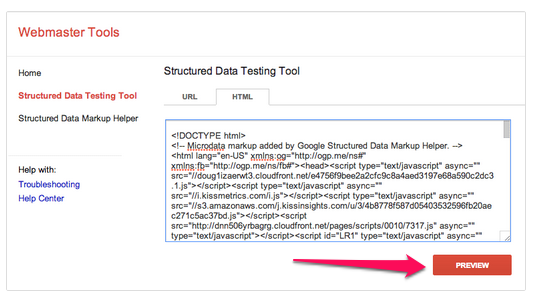
I want to get one thing clear: Not only is Schema markup not a ranking factor, you could get penalized if you’re not careful. This penalty can be manual or algorithmic. Google has said as much:

The solution is to strictly follow Google’s recent guidelines for structured data here and here.
Well-implemented Schema markup can increase the traffic on your page and your click-through-rate. In fact, Paul Bruemmer saw a 30% increase in search CTR. Over time, pages with markup rank 4 positions higher in search results than pages without it why can't I from netflix.
A richer meta description will compel more people to click the search result, visit the page, and – if the content is good – read and share it.
Many professionals in non-internet marketing industries are also benefiting from Schema markup. For example, Dr. Avery Arora was frustrated with his PPC campaigns. He was losing a lot of money and not seeing the results he’d hoped for.
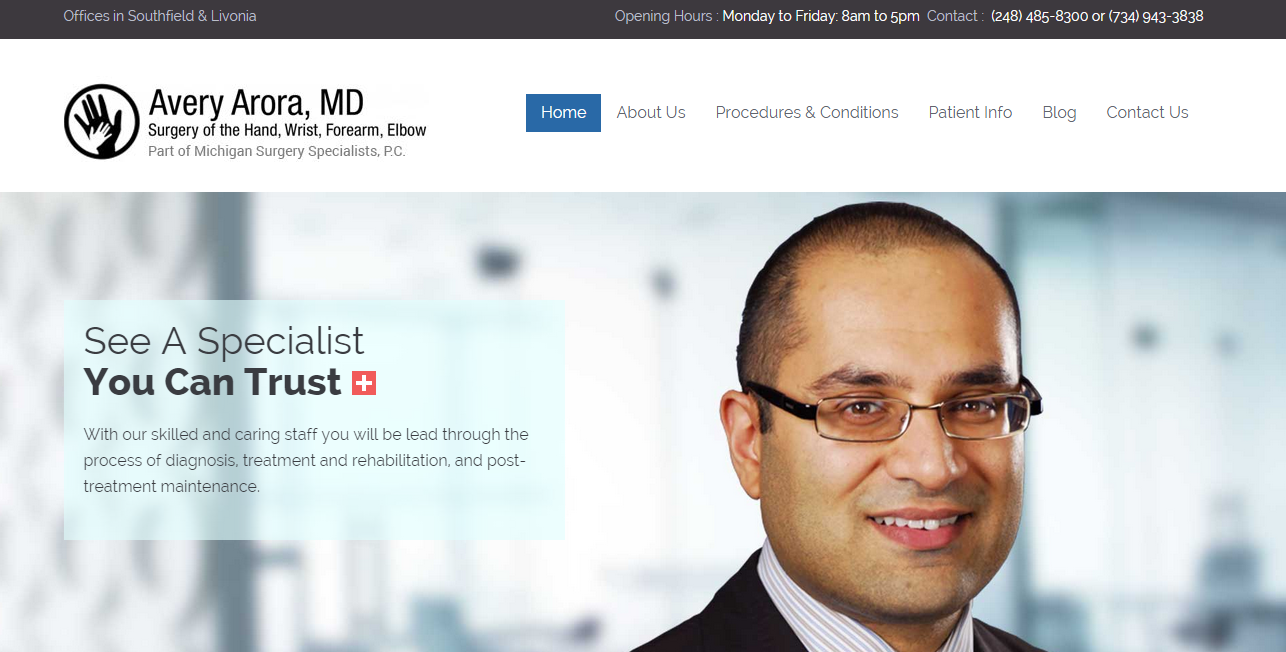
He hired WPtraffix to help set up his organic campaigns. The agency set up site-wide Schema markup, via a footer widget and inserted page- and post-specific Schema via HTML snippets.
Dr. Arora’s search results got a significant improvement in click-through-rate and, in about 4 weeks, his rankings also improved.
Bear in mind that it wasn’t the Schema markup that caused the jump in rankings, but the click-through rate and time on site, which in turn contributed to a boost in organic search rankings. His website is now more visible than ever.
5. Implementing rich snippets
There is so much power in rich snippets. Have you been using them?
To demonstrate, let’s search for “Amazon fire phone.” Out of these search results, which one catches your attention? I’m sure it’s the 2nd listing, because of the star ratings and reviews.
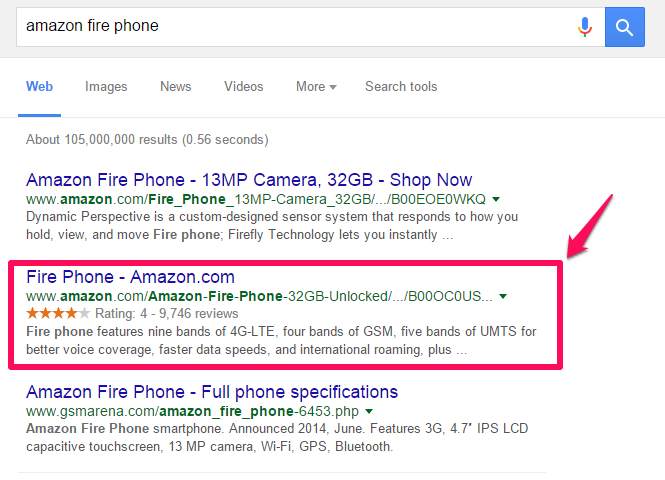
That additional information about the web page or product was made possible by rich snippet features.
Here’s a more elaborate listing that shows another example of rich snippets:
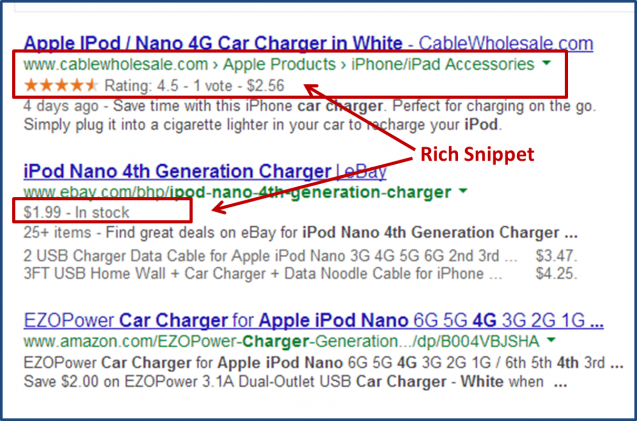
According to Search Metrics, “over a third of Google search results incorporate Rich Snippets supported by Schema.” Just like the Schema markup, a rich snippet will do two things for you:
- Increase your click-through-rate from search results
- Get you more qualified traffic and better conversion rates
Rich snippets are microdata. Here’s how Dave Ashworth defined it:
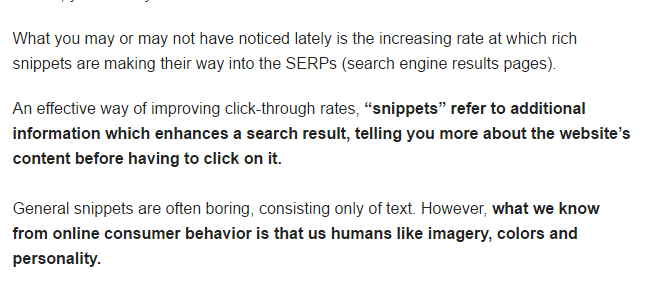
There are lots of benefits of using rich snippets – here are a few from Verve Search:
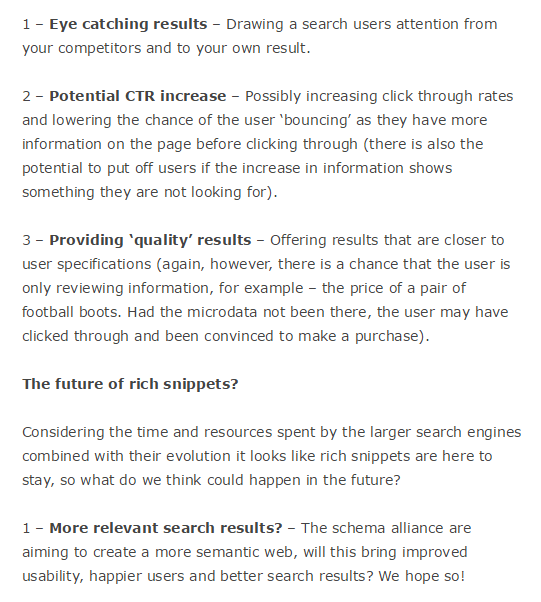
In 2012, search marketing firm Catalyst confirmed that rich snippets actually improve click-through-rates. They saw a 150% increase in page views and overall search performance.
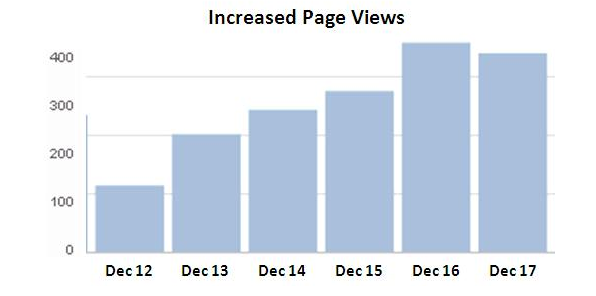
Both Schema markup and rich snippets are microdata. They help to tell the search engines what your web page is about. Schema markup is what defines the data type (e.g. articles, movies, product reviews), while the rich snippet shows additional information about that page, apart from the data type.
The major reason why smart SEOs and site owners use rich snippets is because they can lead to higher click-through rates and a longer time spent on a site. A recent study by Blue Nile Research revealed that rich snippets can provide up to 26% more clicks in the second search position.
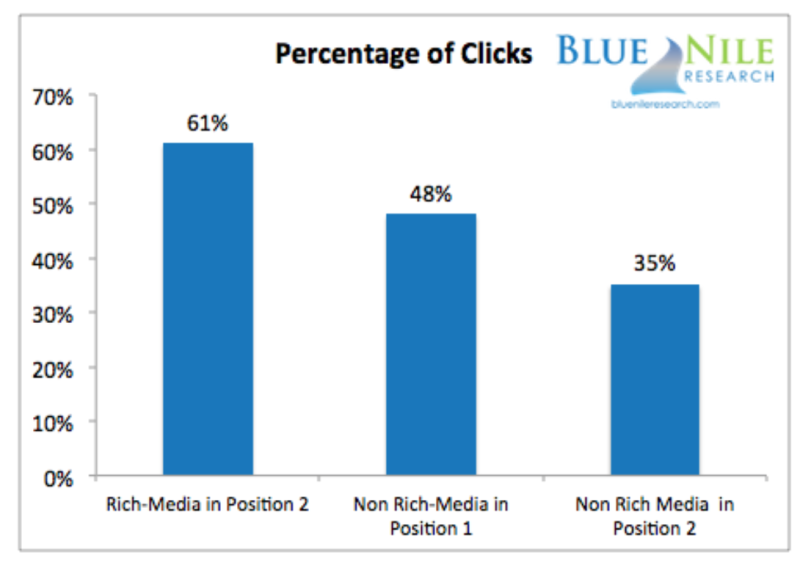
Again, though, rich snippets don’t affect your site rankings. Use them to increase your click-through-rate. As always, you’ve got to be careful not to overdo it or to stuff keywords into it, if you want to avoid Google’s new penalty against spammy rich snippets free songs from youtube.
6. Mentioning keywords several times in your content
According to Brian Dean’s Google Ranking Factors, using a keyword in the title tag can affect your rankings.
But, be warned: Excessive use of this can land you in hot water.
Recent data from Moz shows that title tags that begin with a keyword tend to perform better than title tags that relegate keywords to the end of the tag.
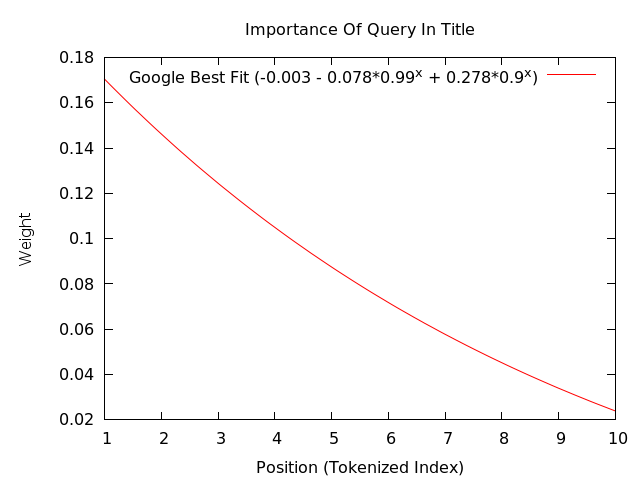
Repeating keywords several times in your content is not a good SEO practice. Yes, keywords will continue to play a vital role in search rankings, but not the way they originally did.
Based on survey responses from 128 professionals in June 2013, it was found that 9.8% of Google ranking factors were page-level keyword features – in other words, the amount of keywords in a given piece of content.
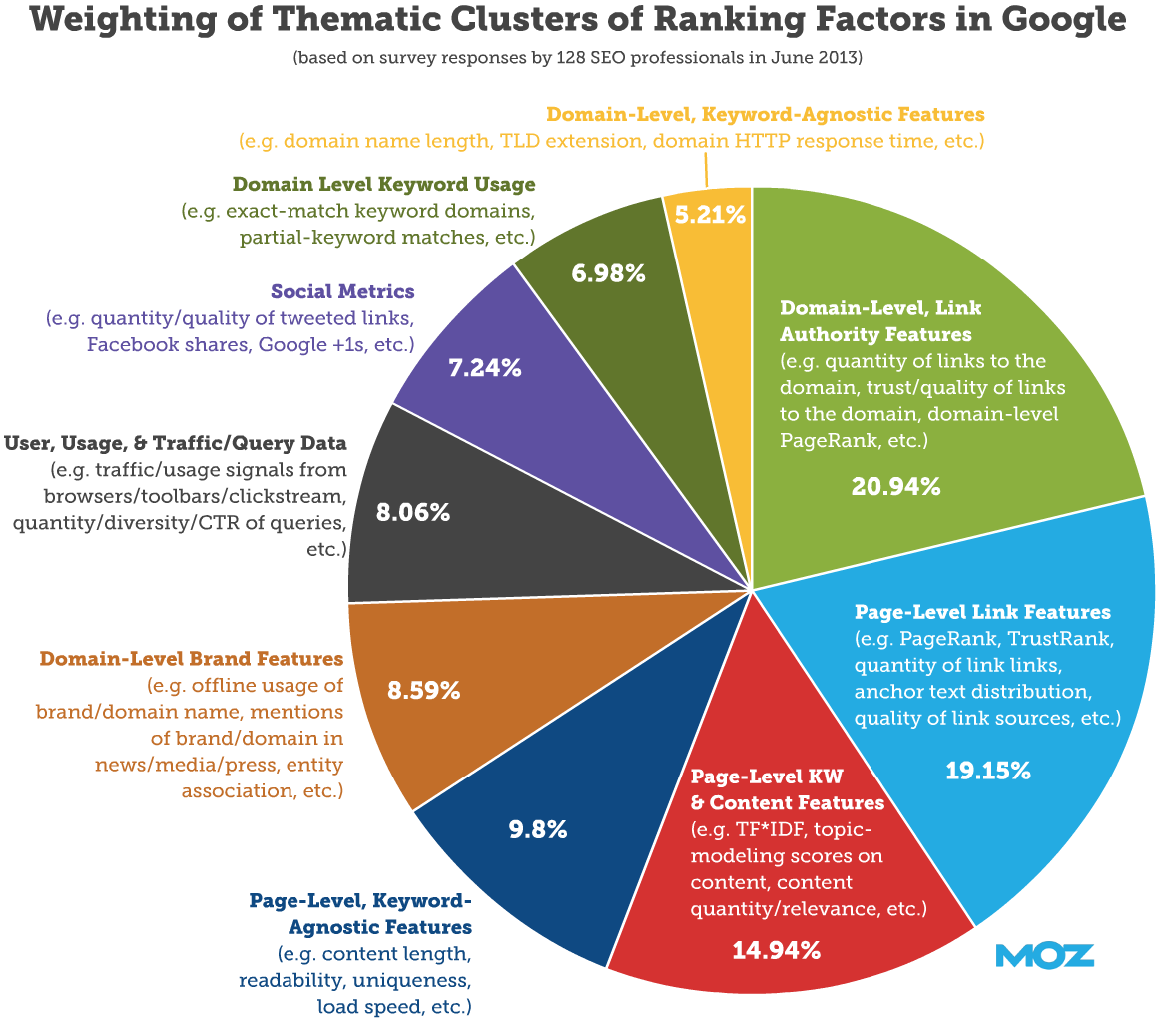
The content length, readability, uniqueness, speed and so on play a very important role in gauging the keyword density.
But, this data came from 2013. A lot has happened in the SEO world since then – specifically, the Penguin update, the Pigeon and the most game-changing of all, the Hummingbird algorithm change.
All of these Google updates and algorithm changes were aimed at one thing: to deliver the most relevant, fresh and useful content to search users. Google cares about the search users, not site owners. This is a fact.
Therefore, mentioning keywords several times in your content won’t help your search rankings. On the contrary, it could get you penalized when you over-optimize your web page. Keyword stuffing is another trap that you may fall into if you repeatedly use keywords in a blog post or article.
Personally, I don’t care about keywords or how many times they appear in my content. I just write naturally and with the aim of helping my readers.
In my experience, when you pour your heart into your content, you’ll start ranking for keywords that you didn’t even optimize for, especially when you target long-tail keywords in your titles.
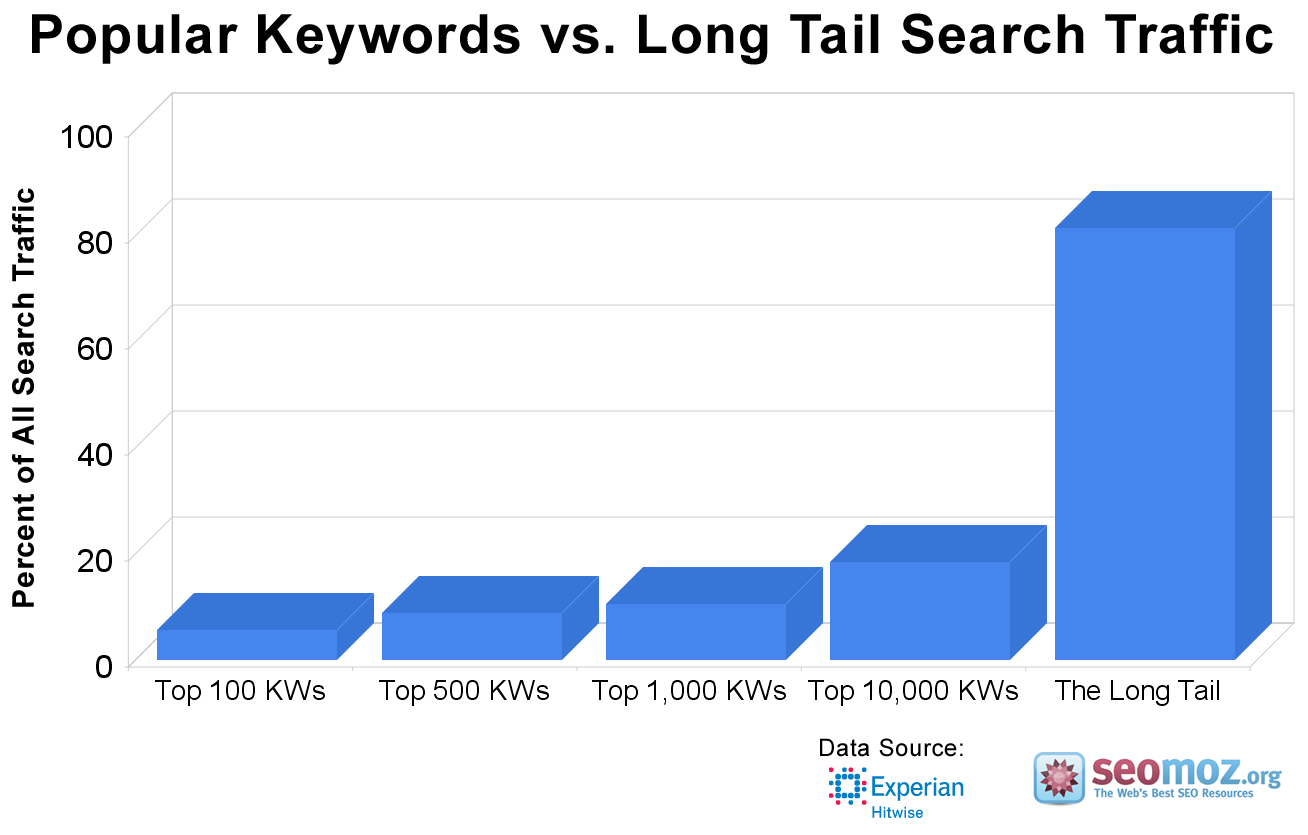
I recently wrote a detailed blog post on how to integrate long-tail keywords into your blog posts.
The purpose of that case study isn’t to keep mentioning several keywords with the hope of ranking higher than the competitors, but to help the user. That’s why I recommend keyword variations so that your content will flow naturally.

When you use keywords as they’re meant to be used – to understand what users truly want and answer their questions – you’ll increase your organic traffic by 348.57% or more, like Brian Dean did.
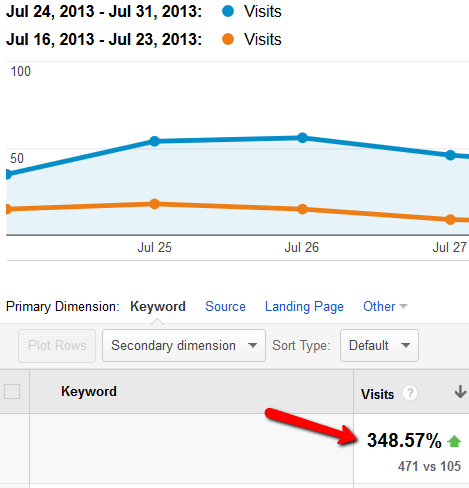
When I started this blog several months ago, I was generating over 20,000 monthly organic visitors from long-tail keywords gratis spiderman spiele herunterladen.
After researching your keywords, spend time hanging out with your target audience.Listen to them and note their questions and challenges. Then, create the best in-depth content that’ll address their questions.
That’s exactly what Swellpath did. Their SEO client, Nike Golf, wanted to increase visibility in organic search results. It also wanted to position the brand to attract site visitors during golf season.
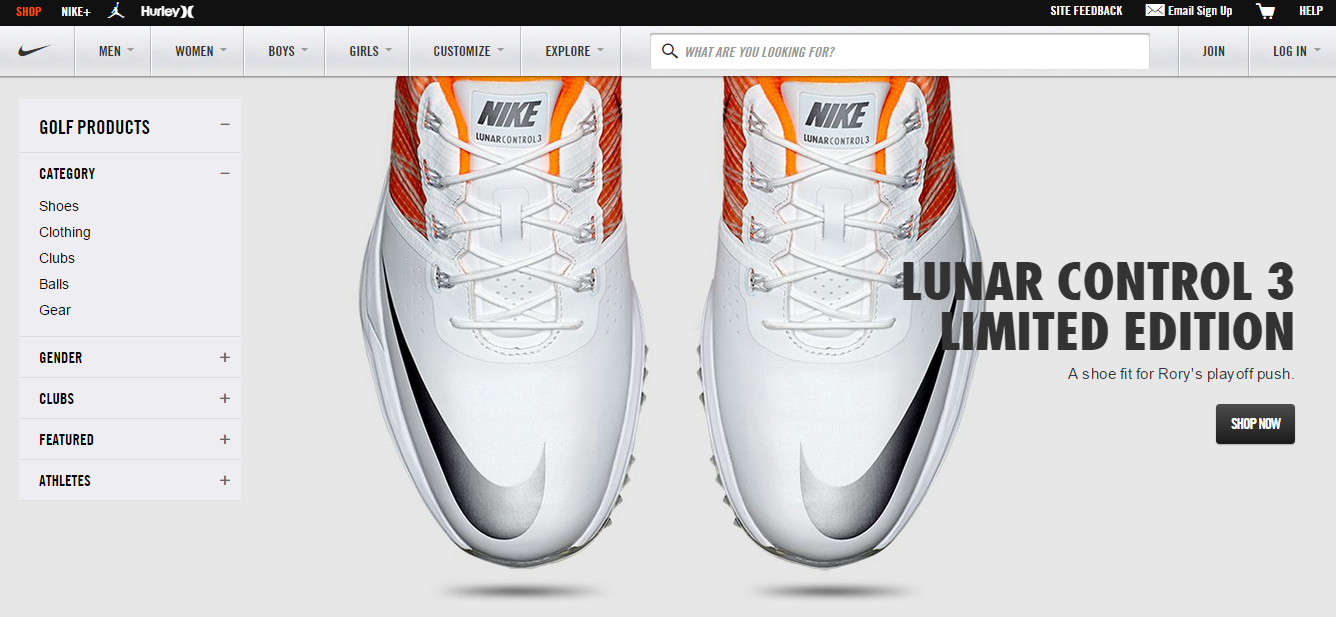
After conducting extensive keyword research and creating useful content, the site began to see results. During 2011’s golf season, Nike Golf saw a 169% total increase in organic search traffic. And, between the 2011 and 2012 golf seasons, the website traffic for non-branded searches grew by 250%.
It’s still a good thing to research your keywords, because it’ll help keep you on track. Write the way you speak and you’ll be amazed by the number of long-tail and seed keywords that your web pages will start to rank for.
7. Choosing a dedicated IP address
According to Google, a dedicated IP address won’t affect your rankings.
It’s not a justified expense for SEO, says Scott Offord.
There are some good reasons why you should purchase a dedicated IP address. For instance, you might need to speed up your site. In that case, since site speed is a ranking factor, a dedicated IP could prove useful.
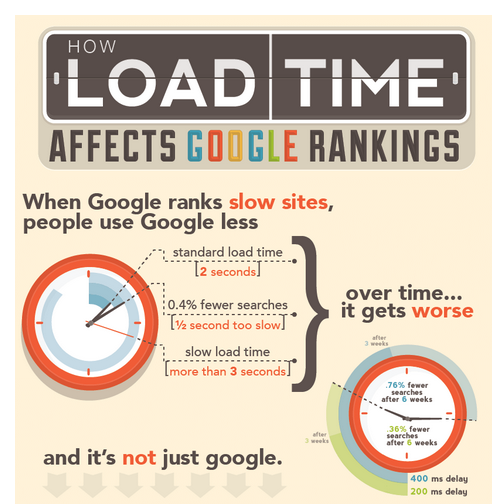
Or, maybe you want a shopping cart that requires an SSL certificate. Or, you want added security for your hosting. All of these are good reasons to get a dedicated IP address, but it won’t directly improve your site rankings.
That said, there are cases where a shared IP could hurt your site rankings. But, overall, a dedicated IP should not be used solely as a tool to improve your rankings in the SERPs.
Conclusion
Google has never explicitly disclosed all the ranking factors in their algorithm. However, many SEOs have highlighted the top factors. I even wrote a post on how to build high ranking authority without cheating, while focusing on the core ranking factors.
The bottom line is to create useful, data-driven content that will help your users achieve their goals and answer their questions.
Social signals are equally important these days paint tool sai herunterladen. In fact, I’ve seen the impact, which is why I encourage my readers to share my posts. The easiest and most accurate way that Google can gauge how useful and unique your content is by the number of social shares that it has.
Don’t just write content and call it quits. You still have a lot of work to do – you’ve got to promote it.
With the right content, social signals and earned links, your rankings will continually increase and that’s how to build a sustainable online business. You’ll no longer have to worry about the latest Google ranking factors, because you’ll always be focused on Google’s goal: to deliver useful and high-quality content to its users.
Do you know any other factor that doesn’t affect search rankings, even though others may think it does?




It’s very easy to find out any matter on web as compared to textbooks, as I found
this piece of writing at this web site.